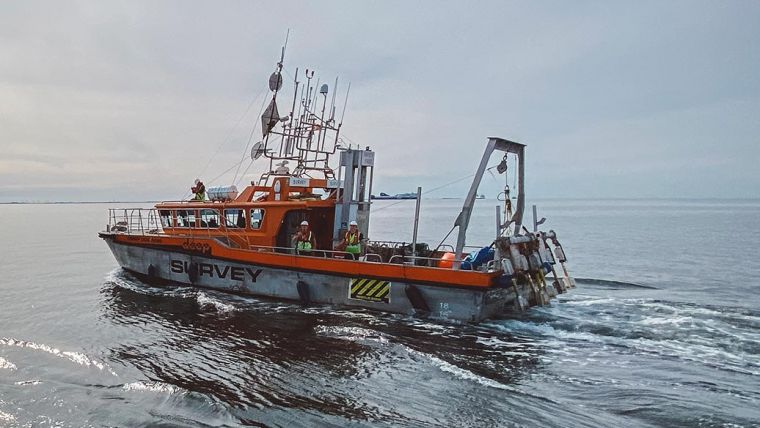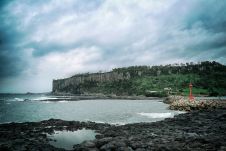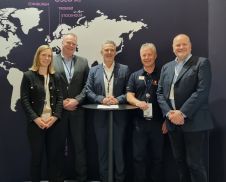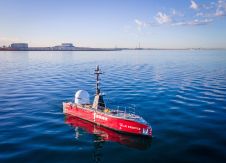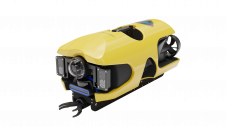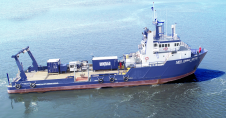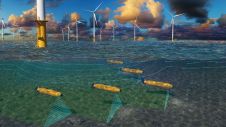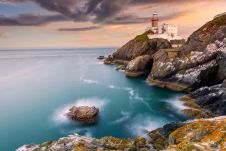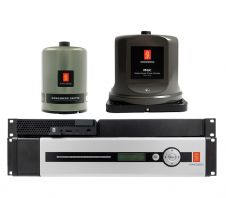Expert opinion: Jurgen Beerens on the future of hydrography
In this short Q&A, Jurgen Beerens, director of strategy and business development at Deep BV, a leading international engineering company specializing in hydrography, marine geophysics and oceanography, shares his thoughts on the biggest challenges facing the hydrographic industry, technological developments driving the industry, the debate around the replacement of hydrographic surveyors with robotization and AI, and how he would prioritize technology investments within the organization.
What do you see as the biggest challenges for the hydrographic industry as a whole in the coming years?
The hydrographic industry faces two major challenges in the coming years: achieving climate neutrality by 2030, and growing and maintaining a workforce in a growing market. Climate neutrality poses a unique challenge to the hydrographic industry: sea-going vessels cannot easily be converted to zero-emission propulsion, and even when conversion is possible, there is often a lack of alternative fuel supplies or electric charging facilities in the ports and harbours from which they operate. Meanwhile, the industry must find ways of growing and sustaining its workforce in a market that is expanding rapidly. The challenge here lies in providing training and opportunities for those who wish to join the industry, as well as retaining and further developing the expertise of those already employed.
Looking at hydrography, which technological developments do you expect to be the main drivers in the coming years?
The main drivers in the coming years will be automation and robotization. I’m not talking about full autonomy here, but rather any technology that reduces human input and allows us to do more with fewer people. By leveraging these advances, we can increase safety, efficiency and accuracy in our work. One of the main ways in which we can focus on sustainability is through robotization. By putting robotization centre stage, we can really make a big leap towards realizing our green ambitions.
Debate statement: “In ten years’ time, hydrographic surveyors will have been replaced by robotization and AI.” Do you: strongly agree, somewhat agree, neither agree nor disagree, somewhat disagree or strongly disagree? Please elucidate.
I strongly disagree with the statement. In ten years’ time, a large portion of dull, dirty and/or dangerous work will be done by unmanned vessels, with AI enhancements to the work processes. Instead of conducting hydrographic surveys out at sea, robotic missions will be planned and remotely monitored from control centres. Quality control of data processing and delivery will be a priority, as the demand for seafloor data is immense.
Which types of survey projects are paramount for your organization in the coming years?
When it comes to Deep BV’s survey projects in the coming years, they will primarily focus on the blue economy. These projects include offshore renewable energy and climate adaptation, which offer tremendous potential for companies like ours. Not only do these projects have the potential to be successful and profitable, but they also offer the opportunity to benefit our environment and society.
How would you prioritize technology investments in your organization over the next couple of years?
We are passionate about using new technology such as uncrewed surface vessels. These vessels have no crew onboard, so the experts can stay onshore to collect and analyse the data. Our remote surveys ensure that the data we collect is transformed into valuable information for our clients. This is what makes our job so rewarding - the challenge of being creative and transforming the data into useful insights that benefit our clients.
If I were to prioritize technology investments in our organization now and in the near future, it would be clear: technology that enables us to do more work with fewer people and that helps us to reduce our CO2 and NOx emissions. Moving towards the use of uncrewed vessels for hydrographic surveying – as I mentioned above – is an effective way to accomplish these two goals. All of our projects strive for sustainability and the creation of green energy, and we have been creating offshore wind farms for over 15 years. However, the most important element of our vessels is their sustainability; we believe in electric boats and minimizing travel through remote working.
About Jurgen Beerens
Jurgen Beerens is director of Strategy and Business Development at Deep BV, a leading international engineering company specializing in hydrography, marine geophysics and oceanography. Since the company’s establishment in 1999, the Amsterdam-based firm has completed projects all over the world, from offshore to coastal areas, ports and inland waterways. Jurgen holds a BSc in Hydrography from the Hogere Zeevaartschool Amsterdam.
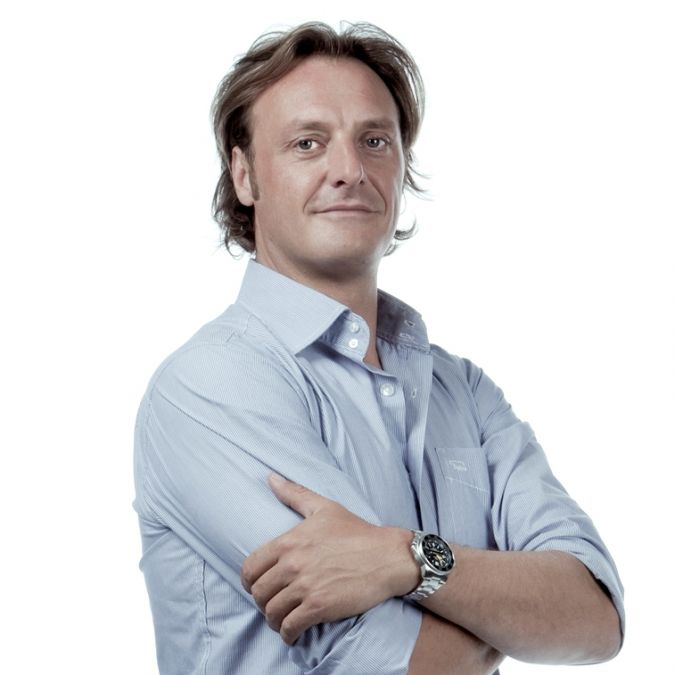

Value staying current with hydrography?
Stay on the map with our expertly curated newsletters.
We provide educational insights, industry updates, and inspiring stories from the world of hydrography to help you learn, grow, and navigate your field with confidence. Don't miss out - subscribe today and ensure you're always informed, educated, and inspired by the latest in hydrographic technology and research.
Choose your newsletter(s)
